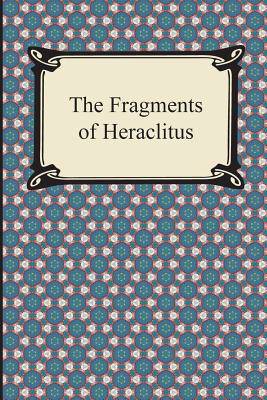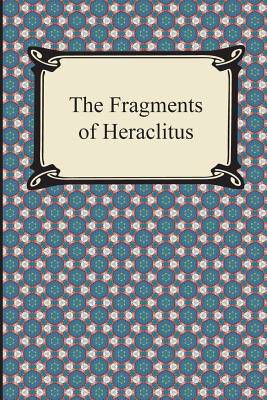
- Afhalen na 1 uur in een winkel met voorraad
- Gratis thuislevering in België vanaf € 30
- Ruim aanbod met 7 miljoen producten
- Afhalen na 1 uur in een winkel met voorraad
- Gratis thuislevering in België vanaf € 30
- Ruim aanbod met 7 miljoen producten
Zoeken
Omschrijving
Heraclitus of Ephesus was a pre-Socratic Greek philosopher who lived a lonely life earning him the moniker of the "Weeping Philosopher." His principal philosophy is embodied in the following statement "No man ever steps in the same river twice," in other words man faces an ever-present change in the universe. He believed in the unity of opposites, stating that "the path up and down are one and the same." According to Diogenes, Heraclitus worked on "a continuous treatise On Nature," which "was divided into three discourses, one on the universe, another on politics, and a third on theology." Only fragments of this work remain today many of which are quoted from other authors. Those fragments are presented here in a translation and with critical commentary by G. T. W. Patrick.
Specificaties
Betrokkenen
- Auteur(s):
- Uitgeverij:
Inhoud
- Aantal bladzijden:
- 82
- Taal:
- Engels
Eigenschappen
- Productcode (EAN):
- 9781420947908
- Verschijningsdatum:
- 1/01/2013
- Uitvoering:
- Paperback
- Formaat:
- Trade paperback (VS)
- Afmetingen:
- 152 mm x 229 mm
- Gewicht:
- 131 g

Alleen bij Standaard Boekhandel
+ 29 punten op je klantenkaart van Standaard Boekhandel
Beoordelingen
We publiceren alleen reviews die voldoen aan de voorwaarden voor reviews. Bekijk onze voorwaarden voor reviews.











